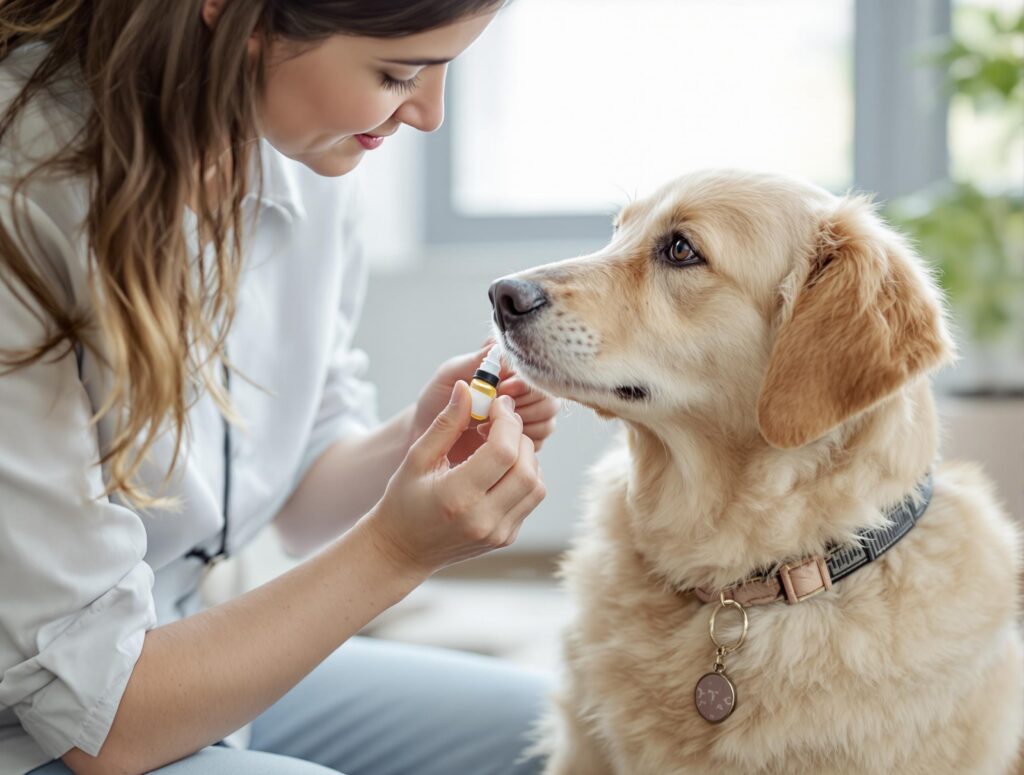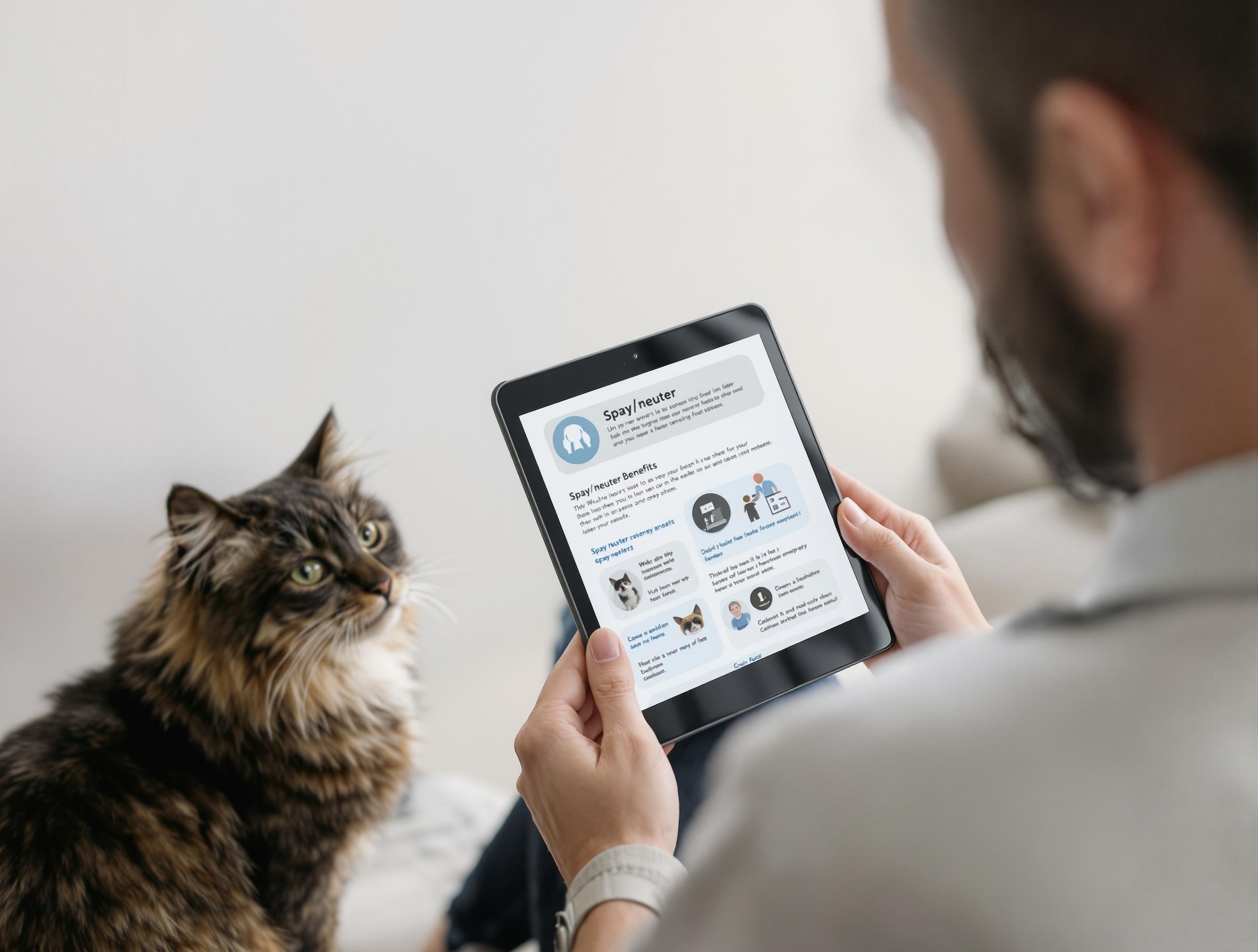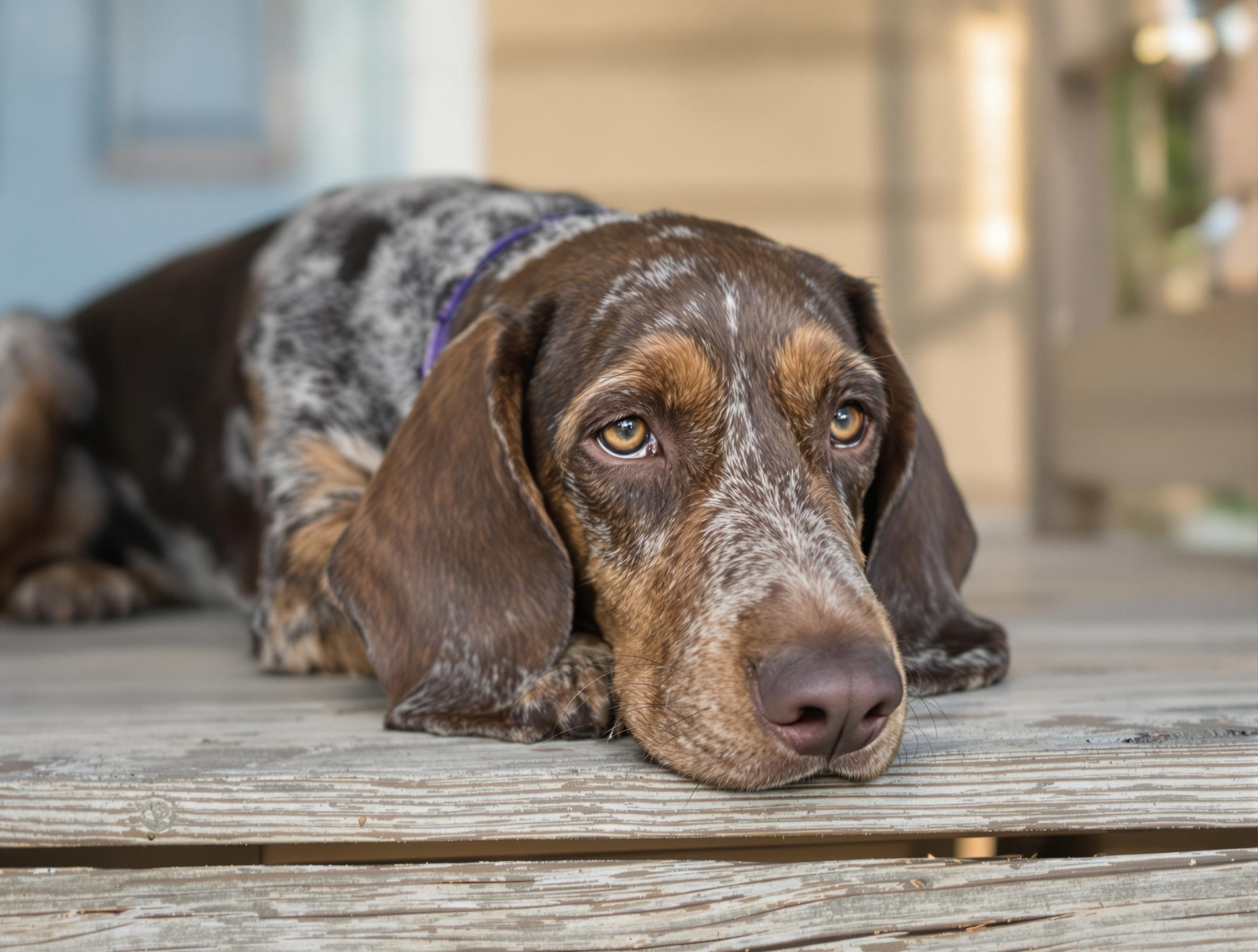Key takeaways
- Introduce CBD only under the guidance of a veterinarian especially if your dog takes other medications or has health concerns.
- Begin with a low weight based dose and observe your dog’s appetite energy and behavior for any changes.
- Choose high quality pet specific CBD products that are lab tested and approved by trusted sources.
As natural pet care trends grow CBD oil has become a hot topic among dog owners hoping to boost their pup’s well being. With so many products and opinions out there it can be hard to know what’s real or safe. Learning the basics how CBD works how to use it responsibly and what to expect can help you make smart confident choices. Think of it like picking the right leash it takes some knowledge and a thoughtful approach.
CBD or cannabidiol comes from hemp and doesn’t cause a high. It’s believed to support natural functions that may ease pain anxiety or stiffness in dogs. From storm related stress to trouble climbing stairs many pet owners are exploring it as a potential solution. But because every dog is different it’s important to start slow monitor progress and talk to your vet. For reliable insights to guide your decisions PetHealthMD offers trustworthy resources tailored to your pet’s unique needs.
Understand the ways CBD can benefit your dog
If you’re searching for a natural way to help your dog thrive CBD oil might catch your interest. Proper CBD doses can boost comfort and mobility for dogs with sore joints. Older dogs who might lag on walks often find their spark like chasing a toy with gusto.
CBD oil offers multiple benefits for dogs both physical and emotional:
- Physical comfort and mobility CBD may ease joint discomfort and improve mobility in aging or arthritic dogs.
- Emotional calm and anxiety support CBD may help dogs manage separation anxiety noise aversion and general stress.
- Overall wellness balance CBD may contribute to improved sleep appetite and steady energy by supporting the body’s natural regulatory systems.
While every dog is different CBD is known for its gentle nature. Be sure to speak with your vet before starting CBD to ensure it complements your dog’s specific health needs. For ongoing support explore pet wellness essentials like those found in the Dog Supplements category at 1800PetMeds.
Follow these tips to safely administer CBD to dogs
Giving your dog CBD might feel like a big step but with guidance it’s doable. These tips help you start safely and keep your pet happy.
- Check with your vet first. Your vet knows your dog’s history and can help determine if CBD is a safe choice.
- Choose pet safe products. Stick to CBD designed for dogs from brands that test with labs and list every ingredient clearly.
- Pick a form that suits you. Oils blend into kibble treats are simple to give and topicals can be applied to sore spots.
- Start small. Use a tiny dose first half the suggested amount for their size.
- Monitor closely. Watch for changes like more energy or unusual reactions.
- Watch for good signs. Steady habits like eating or resting well help show CBD is agreeing with them.
Using CBD isn’t tricky. Treats are simple and often pre dosed. Oils allow dose adjustments for picky eaters. Topicals should be applied and monitored to prevent licking or irritation. Some dogs need a couple of weeks to show changes like easing joint stiffness or coping better during storms. If your dog seems off pause and contact your vet.
FAQs about CBD and dogs
How safe is CBD for my dog?
When made for pets and dosed correctly CBD is usually gentle. Most dogs handle it well with mild side effects if any. Look for lab tested pet safe CBD without THC or unnecessary additives.
Should I check with my vet if my dog takes other medicines?
Yes. Some medications process through the liver which CBD can affect. Your vet may recommend timing doses apart or avoiding CBD.
What signs show CBD might not suit my dog?
Watch for changes like reduced appetite extra sleepiness tummy issues or unusual behavior. If this happens stop CBD and contact your vet.
Is CBD okay for long term use?
Many dogs use CBD daily without issues but monitor energy appetite and behavior. Regular vet visits help ensure continued safety.
What makes a CBD product safe for dogs?
Choose products made specifically for pets with clear ingredients and lab testing. Avoid artificial sweeteners or vague formulations. For pet friendly options browse Dog Health and Wellness on 1800PetMeds.
Work out the right CBD dosage for your dog
Finding the right CBD dose for your dog doesn’t have to be hard. Begin with the lowest amount for their size and note their behavior over several days. If the effect is too mild gradually increase within product guidelines.
Notice how your dog responds. If they seem calmer during loud noises or rest more comfortably the dose may be right. A simple daily log helps track changes.
CBD can boost your dog’s comfort when used carefully. Start low go slow and always consult your vet before adjusting routines or addressing health concerns. For more tools to support your pet’s wellness you can review products in the Dog category at 1800PetMeds.




